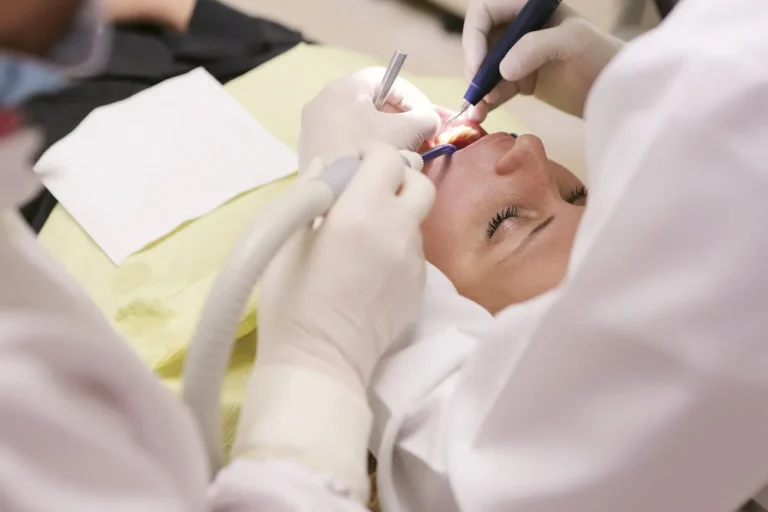
Sanofi’s frexalimab, a CD40L antibody, has displayed enduring effectiveness and favorable tolerability over almost a year in individuals with relapsing multiple sclerosis (MS). These findings will be unveiled today at the American Academy of Neurology (AAN) 2024 Annual Meeting in Denver, Colorado, US. Previously, results from the 12-week double-blind study phase were published in The New England Journal of Medicine.
Dr. Patrick Vermersch from the University of Lille, CHU Lille, France, remarked, “These 48-week data showed that treatment with frexalimab resulted in further decreases in the number of lesions and a sustained reduction in disease activity. The preliminary clinical results are promising with a very low annual relapse rate. This strengthens the rationale for targeting CD40L in MS and supports further development of frexalimab as a potential high-efficacy therapy in relapsing MS.”
Following the initial 12-week phase, 97% (125/129) of participants proceeded to the open-label extension (OLE) of the phase 2 study. At the 48-week mark, 87% (112/129) remained in the study. During the OLE, individuals in the high- and low-dose arms continued receiving frexalimab, while those initially on placebo switched to frexalimab treatment.
Dr. Erik Wallström, Global Head of Neurology Development at Sanofi, highlighted, “Frexalimab represents a novel potential first-in-class treatment mechanism in multiple sclerosis designed to tackle the aspects of this disease where unmet medical needs still exist.”
Results at week 48 of the phase 2 OLE showed promising outcomes:
- High proportions of patients were lesion-free with both high and low doses of frexalimab.
- The number of lesions remained low and stable, with minimal relapses observed.
- Frexalimab demonstrated a low annualized relapse rate and was generally well-tolerated.
The phase 2 study was a randomized, double-blind, placebo-controlled trial assessing frexalimab in individuals with relapsing MS. Participants were randomized to receive either high or low doses of frexalimab or placebo for 12 weeks. Following this, those on placebo switched to frexalimab arms and entered the open-label phase.
These findings underscore the potential of frexalimab as a promising therapy for individuals with relapsing MS, warranting further exploration in clinical development.





